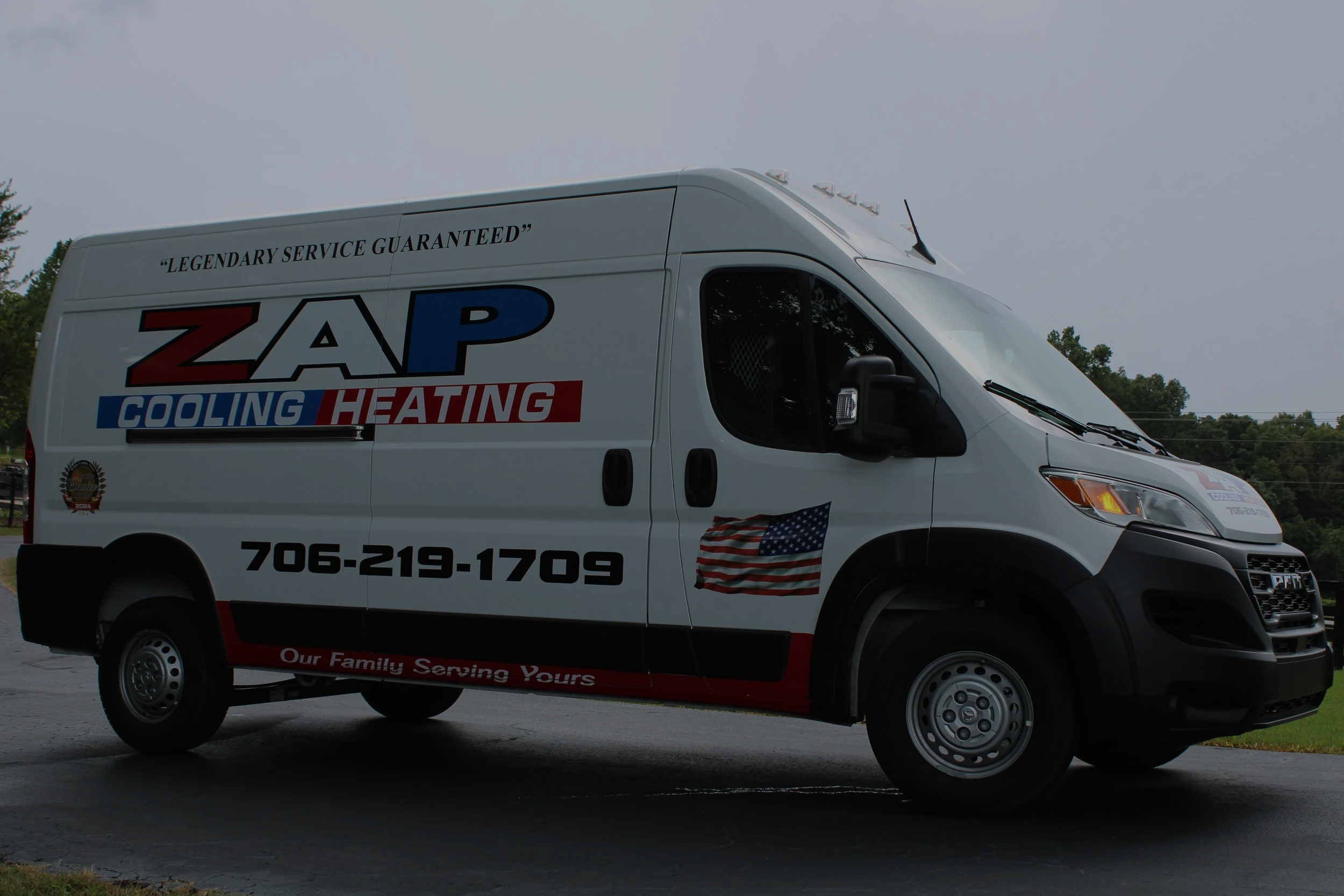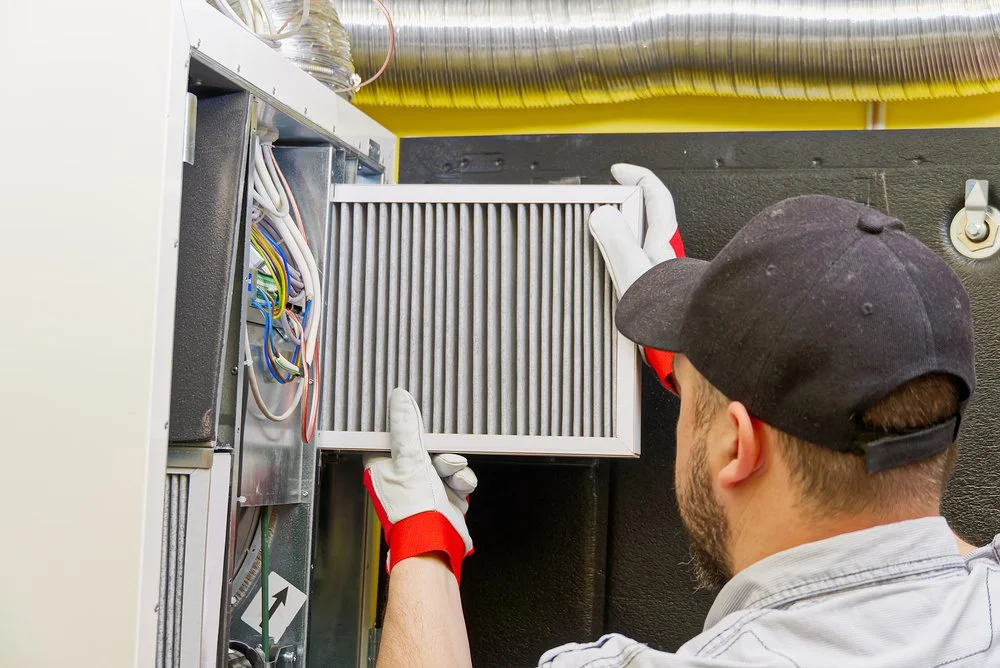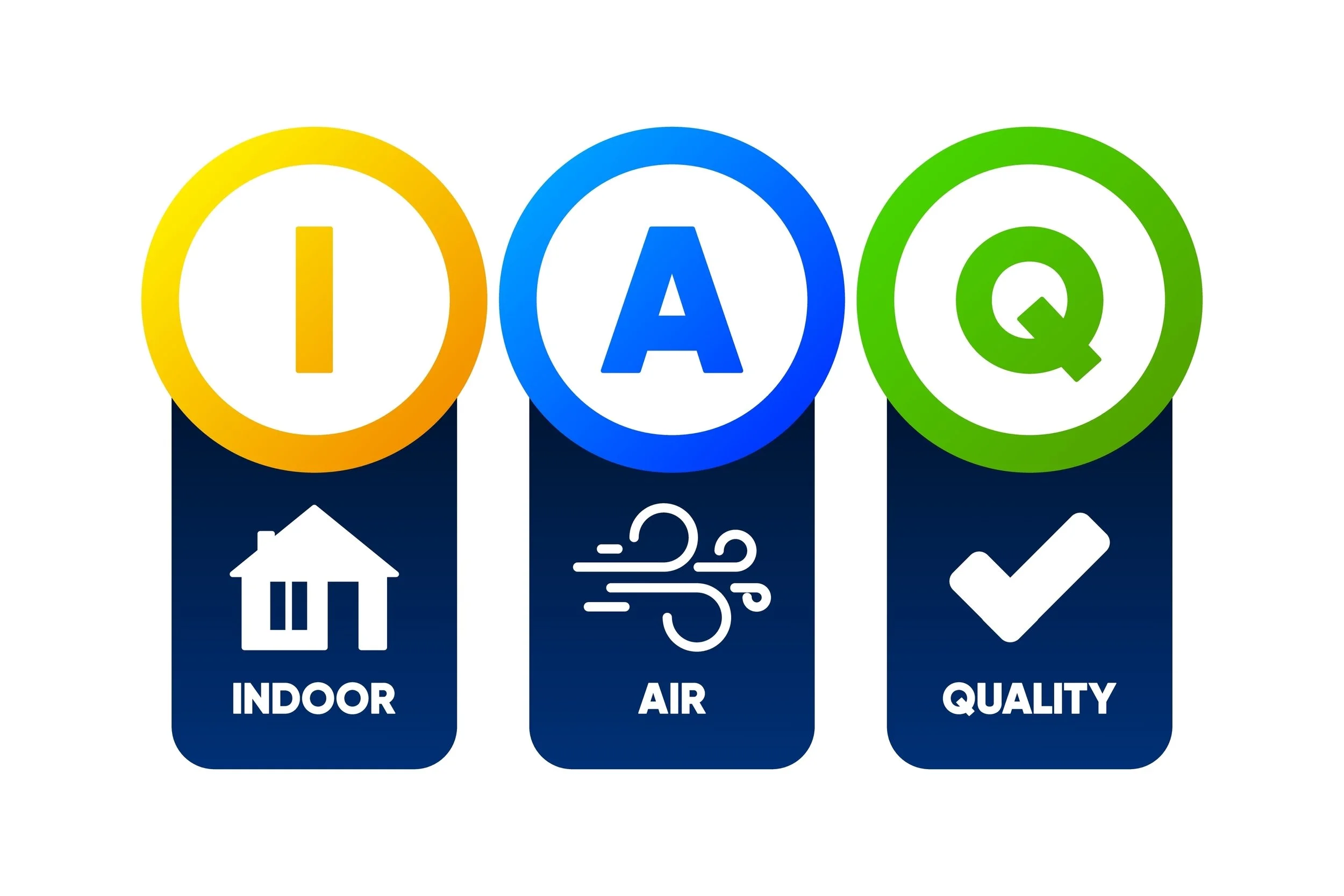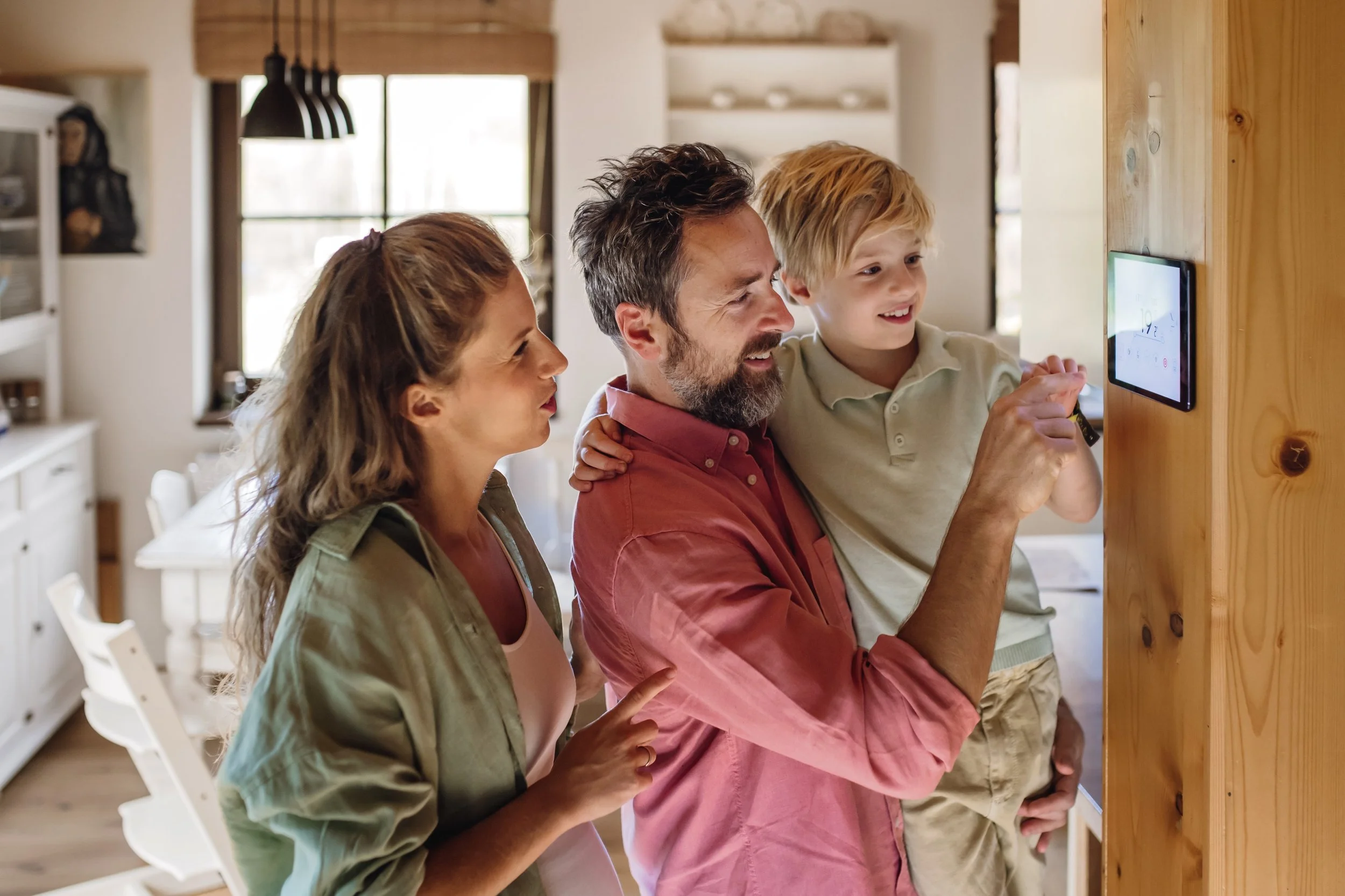
Breathe Easy with Professional Indoor Air Solutions

Breathe Fresh Clean Air Everyday In Your Home
We spend most of our time indoors, so the air quality inside of our homes have a direct impact on our health—both in the short and long term. Poor indoor air quality (IAQ) can cause headaches and nausea, and can exacerbate preexisting health conditions like allergies and asthma. Unknowingly inhaling airborne pollutants over an extended period of time can also contribute to conditions such as lung cancer. Needless to say, air quality plays a central role in home comfort. That is why at ZAP we offer a variety of systems dedicated to keeping the air in your home clean and healthy.
Key steps to improve your indoor air quality and protect your health:
-
Regularly change your HVAC system’s air filters. Dirty filters can increase the amount of airborne particles in the air.
-
Keep your space well ventilated. Opening windows and doors to allow air to circulate through your home can freshen up the air you breathe. However, the weather outdoors may not always allow this solution.
-
Limit the use of strong chemicals and harsh fragrances. Certain household cleaning products, air fresheners, and other fragrances can release chemicals and pollutants into the air. When using any chemical-based cleaning product, make sure to do it in a well-ventilated area.
-
Regularly vacuum and dust your home. Dust can be a major culprit behind allergy and sinus issues.
-
Control humidity levels. Depending on your home’s needs, you may need a humidifier or a dehumidifier. Zap Cooling & Heating offers both options for our customers, so we can meet each home’s individual needs.
-
Invest in a whole-home air filtration system brought to you by ZAP. Instead of focusing its efforts on a single room or area, air filtration systems are designed to clean the air throughout your entire home.


Beyond Air Quality
Total Home Comfort
We spend most of our time indoors, so the air quality inside of our homes have a direct impact on our health—both in the short and long term. Poor indoor air quality (IAQ) can cause headaches and nausea, and can exacerbate preexisting health conditions like allergies and asthma. Unknowingly inhaling airborne pollutants over an extended period of time can also contribute to conditions such as lung cancer. Needless to say, air quality plays a central role in home comfort. That is why ZAP Cooling & Heating offers a variety of systems dedicated to keeping the air in your home clean and healthy.
In addition to the measures mentioned earlier, one can also invest in a house air purifier or a whole-home air filtration system, which can effectively eliminate airborne pollutants and particulate matter from indoor air. ZAP Cooling & Heating offers UV air purification systems that use ultraviolet (UV) light to eliminate germs and bacteria, making them an effective way to minimize the spread of mold and bacteria in the home.
Maintaining proper humidity levels in the house is also essential to improve indoor air quality. Excess moisture in the air can lead to the growth of mold and dust mites, which can negatively affect indoor air quality. Using a dehumidifier can help lower the humidity levels in the home, where as using a humidifier can help increase moisture in the air, which can help remedy congestion and dry skin issues.
Improving indoor air quality not only enhances home comfort but also promotes occupational safety and health. Poor indoor air quality can lead to several health issues, and it is essential to take necessary measures to maintain a healthy living environment. By implementing these measures, such as using an air purifier, changing air filters, controlling humidity levels, and maintaining proper ventilation, homeowners can significantly improve the air quality in their homes and protect their health in the long run. Indoor air quality is especially important for those who suffer from allergies or respiratory issues. For example, asthma sufferers may experience worsened symptoms in indoor environments with poor air quality. Similarly, prolonged exposure to indoor air pollution can contribute to the development of respiratory illnesses and even lung cancer.
Outdoor air pollution can infiltrate indoor environments, and measures such as sealing cracks and using air filters can help minimize its impact.
In conclusion, indoor air quality is crucial to maintaining a healthy living environment. Homeowners can take several measures such as using air purifiers, changing air filters, controlling humidity levels, and maintaining proper ventilation to improve the air quality in their homes. By taking these steps, homeowners can promote better health and well-being for themselves and their families.
Regular maintenance of cooling and heating systems is also crucial to improve indoor air quality. can increase the amount of airborne particles and pollutants in the air. Regularly changing air filters can help ensure that the air circulated through the HVAC system is clean and healthy. It is important to note that while improving indoor air quality is essential, it is also important to consider the quality of outdoor air. Outdoor air pollution can infiltrate indoor environments, and measures such as sealing cracks and using air filters can help minimize its impact.
In conclusion, indoor air quality is crucial to maintaining a healthy living environment. Homeowners can take several measures such as using air purifiers, changing air filters, controlling humidity levels, and maintaining proper ventilation to improve the air quality in their homes. By taking these steps, homeowners can promote better health and well-being for themselves and their families.






